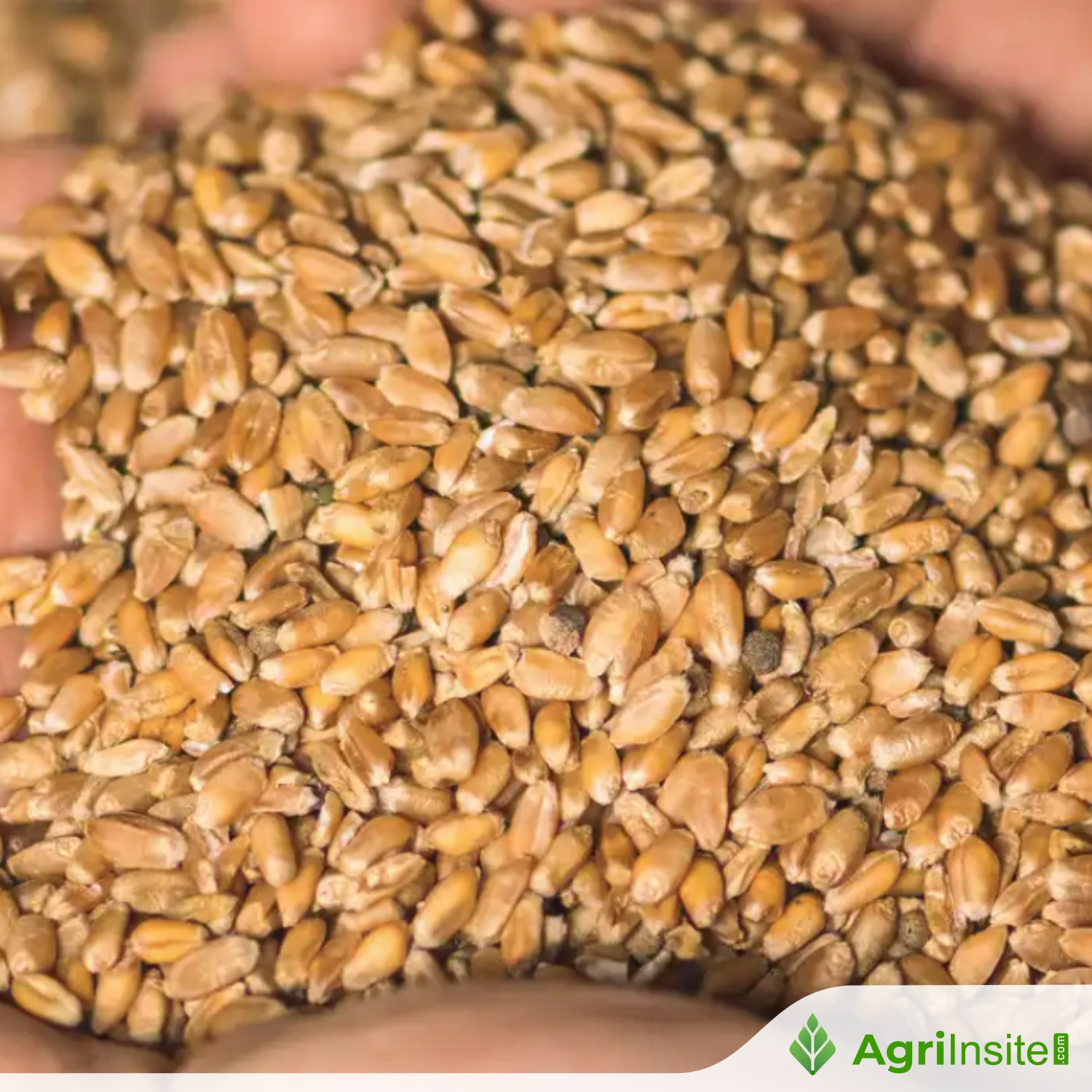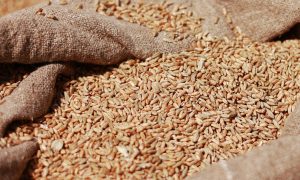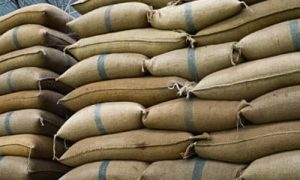Rawalpindi : Millers, food dept lock horns over ‘rotten’ wheat

Tensions flare between Rawalpindi flour millers and the Food Department over 32,000 sacks of foul-smelling wheat. Mills demand new stock, while officials insist on using a 15% mix of the disputed grain. With past complaints unaddressed and Rs700 million in losses cited, millers warn of a looming flour crisis. The Food Department offers to sift the wheat—but trust is eroding.
RAWALPINDI: Flour millers and the Rawalpindi Food department have locked horns over non-purchase of 32,000 sacks of rotten, foul-smelling wheat stored at the Flour Mills in the twin cities, escalating the dispute and stocking fear about a potential flour crisis in the twin cities.
Flour Mills have alleged that officials at the Storage Centre 3 have refused to allocate new wheat quotas to them until the purchase of the disputed wheat is completed.
The Food Department has proposed a solution, offering to mix 85% new wheat with 15% of the disputed wheat, but warned that no quota will be provided otherwise.
In response, flour mill owners have become vocal in protest and have filed inquiries with the Anti-Corruption Establishment (ACE) regarding the laboratory tests of the disputed wheat. The management of flour mills pointed out that last year complaints about the wheat being contaminated with dirt and water were raised by the mills regarding the wheat in the government’s warehouses in Rawalpindi.
In response, the Pakistan Flour Mills Association (Punjab) officially submitted a written complaint to the Secretary of the Punjab Food Department. The Punjab Food Director formed an inquiry team, which visited Rawalpindi and confirmed the allegations.
However, even after a year, no responsible parties were identified, and the 164,000 sacks of contaminated wheat were forcefully sold to the flour mills.
According to the flour mills management, if the officials at Storage Centre 3 had not contaminated the wheat, it would have been sold last year, preventing a loss of Rs700 million to the Punjab government, as the official selling price was Rs4,500 per sack higher than the current year’s price. Due to the poor quality, flour mills preferred to purchase domestic wheat at Rs5,000 per maund and imported wheat at Rs4,700 per maund instead.
Despite the Rawalpindi flour mill depositing over Rs35m in the government treasury, the officials at PR Centre 3 have refused to provide wheat to the flour mills. The mills have been told either to take the contaminated, rotten, and foul-smelling wheat or wait for two more months.
Flour mill owners argue that they have not engaged in business with any private company or individual, but rather, according to the law, have deposited the necessary funds in the government treasury for the wheat, and according to the law, the wheat should have been handed over to them on the same day the payment was made.
The Deputy Director of Food in the Rawalpindi Division, Ghulam Abbas, says the contaminated wheat isn’t necessarily spoiled and can be cleaned.
He assured that the Food Department is ready to sift the 32,000 sacks of disputed wheat and provide it to the flour mills. Both new and old wheat should be accepted by the mills, and instead of filing applications, the flour mill owners should come to them directly, Abbas said, adding merely giving statements won’t resolve the issue.
To read more about Wheat News continue reading Agriinsite.com
Source : The Express Tribune

















